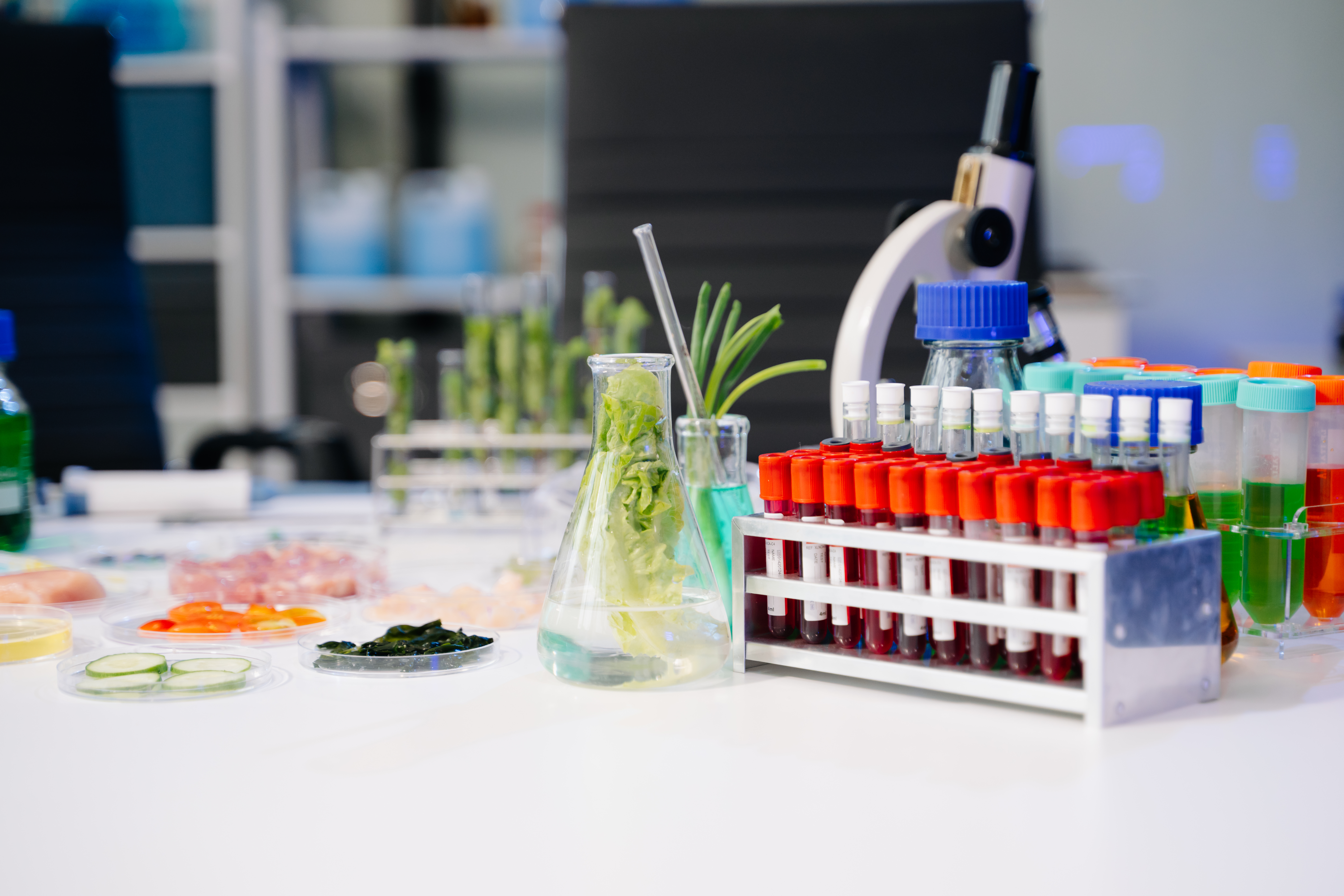Nutraceuticals & Food
Our global strategies accelerate market entry for your food products and nutraceuticals

KEY FIGURES
20+
Products
5+
Countries
80%
Innovative foods – prebiotics, postbiotics, cultured foods

Pioneering Innovative Foods
We have a proven track-record in developing successful strategies for innovative foods such as those derived from cellular culture, personalized nutrition, alternate protein and other foods from novel sources and processes.
Global Product Development Strategies

FAQs
What qualifies as a novel food? How do I get marketing approval in EU?
Novel foods are those that have not been consumed to a significant degree by humans in the EU before May 1997.
They can be newly developed, produced using new technologies, or derived from non-traditional sources. To gain approval, novel food status must be established, and a novel food application must be submitted to EFSA. The application includes safety data, composition, and analytical/production data, and proposed uses and history of use of the novel food. EFSA conducts the safety evaluation and authorizes the products.
read more
Are there specific safety assessments or studies required for novel foods?
Yes, safety assessments are crucial for novel foods. These may include toxicological studies, ADME studies, allergenicity assessments and nutritional evaluations.
Related Glossary

Questions? Get the answers from our expert team
No two product development paths are the same. Talk to our experts about your development challenges and we will provide you actionable recommendations.
